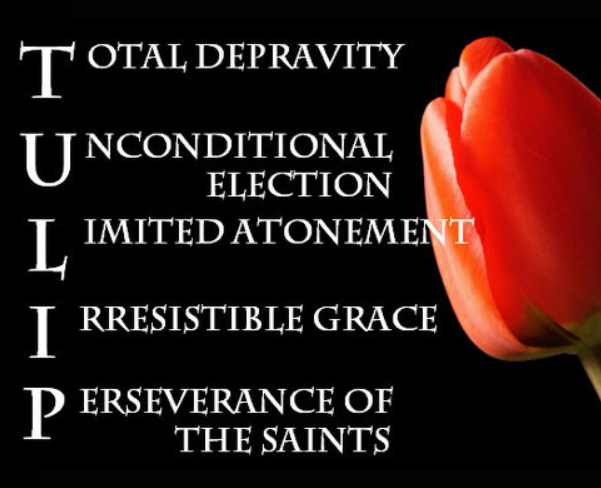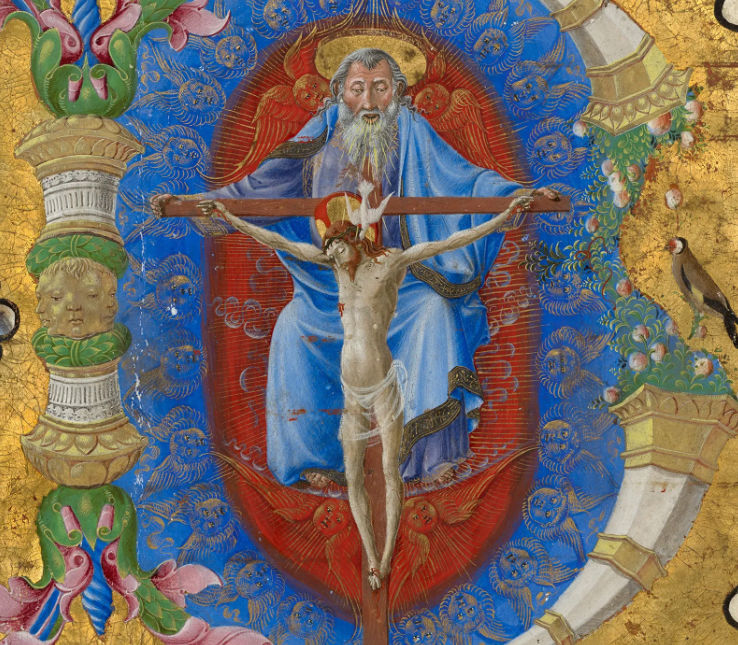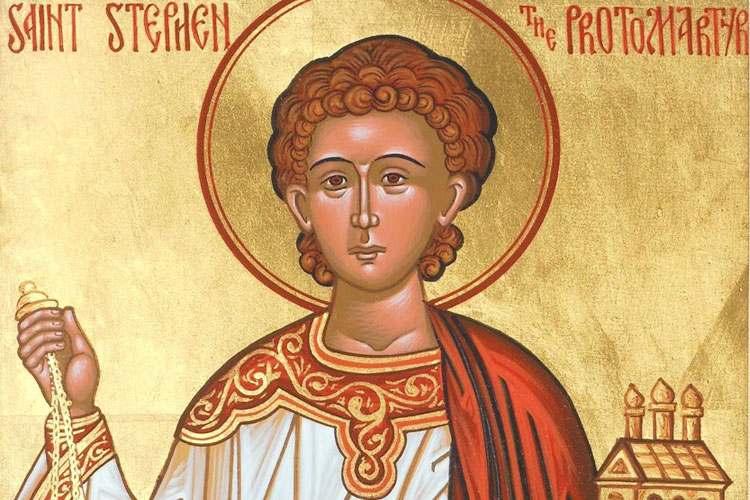Question: How sure are the Calvinists that they are unconditionally elected if no one shared the gospel to them ? While there are exceptional circumstances in which we hear testimonies of people being "saved" without any direct human involvement in sharing the gospel, God invariably employs means to draw the elect to the saving knowledge of our Lord Jesus Christ. True adherents of Calvinism would never assert that God bypasses such means for imparting the knowledge of the Gospel. If any so-called Calvinists suggest otherwise, they likely do not adhere to Calvinist doctrine or the broader beliefs of the Reformation movement on this matter. This principle is not only evident in Scripture but also explicitly outlined in the Canons of the Synod of Dort, the standard against which all claims about Calvinist teachings should be measured.The Third and Fourth Main Points of Doctrine of the Canons clearly state that Calvinists believe God uses means: “Article 17: God’s Use of Means … [Read more...]
Understanding the Differences Among Calvinists: 3-Point, 4-Point, 5-Point, and Hyper-Calvinism
Well, there are some points in Calvinism that some people who label themselves "Calvinist" don't accept. However, for me, one can't consider himself a Calvinist if one does not accept the five points. The five points work seamlessly and are logically flawless together and supported by Scriptures. Further, they have a basis in Church history as they are the ones laid down by the Synod of Dort in response to Arminianism. (A side note: The most famous five-point Calvinist among independent Baptists was probably Charles Spurgeon.) You can't take one point away and still call it Calvinism. It's the whole package. You can't call yourself a Calvinist if you don't accept the five points. But that's just me; I can't impose labels on people if they insist on calling themselves a Calvinist if they only accept three or four points. But if we are to be technical about it...Most Calvinists do not consider somebody to be a Calvinist if he/she only adheres to three points, and there are a lot of … [Read more...]
The Pitfalls of Using Analogies to Describe the Divine Nature: A Theological Perspective
There is probably no other greater theological concept that requires that use of analogical language to describe the divine nature than that of the Trinity. The mysterious truth about the triune nature of God has been fiercely debated upon throughout church history and oftentimes analogies are used in order to somehow try to thresh out its truths but somehow nothing seems to be enough to explain such profound and mysterious truths. A common analogy about the Trinity is water wherein it can manifest itself into either solid as ice or frozen water, liquid and as gas in the form of water vapor. These three are in different forms and yet they are still the same, it is basically water. Similarly, the analogy goes that God manifest himself as the Father, the Son, and the Holy Spirit but they are the same God. The problem with this analogy however is that it would lead to a heretical understanding of the Trinity which has been combatted by the early church known as modalism. This heresy has … [Read more...]
Debunking KJV Onlyism: Stephen full of grace or full of faith?
Question: In the KJV Acts 6:8 describes Stephen as being "full of faith and power" while modern Bible translations describe him as being "full of grace and power." KJV Onlyist insist that modern translations are wrong and some extremist even go as far as saying that modern translation translate it this way because they support the perpetual virginity of Mary as modern translations uses "full of grace" in describing Stephen in the same way as Mary is being described as "full of grace" Roman Catholics. In this particular text, Acts 6:8, the Majority Texts which is the basis of the KJV, uses "pisteos" (faith), whereas several older manuscripts, the underlying Greek text used by most modern translations employs "charitos" (which means conveying grace or favor). image from youth.rcdow.org.uk (Acts 6:5) And the saying pleased the whole multitude: and they chose Stephen, a man full of faith and of the Holy Ghost, and Philip, and Prochorus, and Nicanor, and Timon, and … [Read more...]




